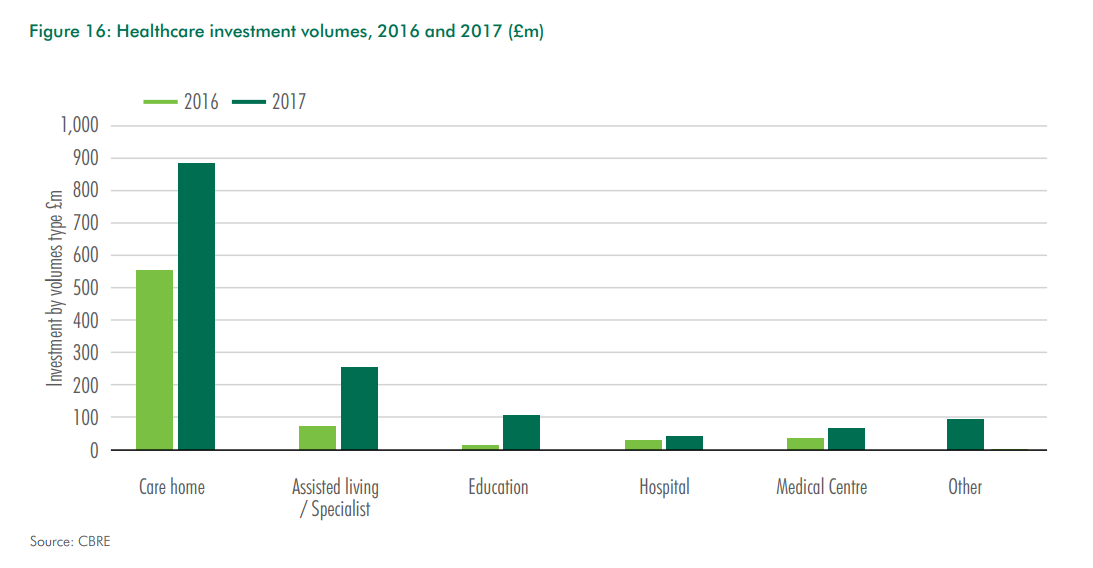Investing in real estate has long been a popular strategy for wealth accumulation and portfolio diversification. However, as the world evolves, so do investment opportunities. In recent years, there has been a surge in popularity and demand for a particular type of real estate investment trust (REIT) – healthcare REITs.
These specialized investments provide unique advantages and opportunities within the ever-growing healthcare industry.
In this article, we will delve into the world of healthcare REITs and explore their advantages, risks, and top-performing companies worth considering. We will also provide tips for successful investing in this sector and discuss key factors influencing the performance of healthcare REIT investments.
So, whether you’re an experienced investor or just dipping your toes into the market, read on to discover how healthcare REITs can unlock potential returns.
Understanding Healthcare REITs
Healthcare REITs are a specialized form of real estate investment that focuses on properties within the healthcare industry. Unlike traditional REITs, which invest in various sectors, healthcare REITs exclusively own and operate assets like hospitals, medical office buildings, senior living facilities, and rehabilitation centers.
Investing in healthcare REITs allows individuals to indirectly invest in crucial infrastructure assets while potentially gaining financially. These trusts benefit from consistent tenant demand as healthcare operators lease their properties to meet the increasing need for quality healthcare services driven by an aging population worldwide.
The recent surge in popularity and demand for healthcare REITs can be attributed to several factors. Firstly, the stability of the global healthcare industry during economic downturns makes them an attractive option for investors seeking reliable income streams and long-term growth potential.
Additionally, advancements in medical technology and innovations within the healthcare sector have fueled investor interest in this niche market. By investing in healthcare REITs, individuals can participate in supporting these advancements while potentially benefiting financially.
In summary, understanding healthcare REITs involves recognizing their specialization in owning and operating properties within the healthcare industry. These trusts provide individuals with an opportunity to indirectly invest in crucial infrastructure assets while benefiting from consistent tenant demand and potential financial gains.
The recent surge in popularity is driven by the stability of the global healthcare industry during economic downturns and the ongoing advancements within the sector.
Advantages of Investing in Healthcare REITs
Investing in healthcare Real Estate Investment Trusts (REITs) offers several advantages. These include:
Healthcare REITs provide a stable income stream through long-term lease agreements with healthcare operators. These leases often have annual rent escalations tied to inflation, ensuring consistent rental income.
By investing in healthcare REITs, individuals gain access to a diversified portfolio of properties across the healthcare industry. This diversification helps mitigate risks associated with individual property investments.
The increasing demand for healthcare services globally drives the value of healthcare-related properties higher. By investing in healthcare REITs, individuals can benefit from capital appreciation as these properties increase in value over time.
In summary, investing in healthcare REITs offers a stable income stream, diversification, and potential capital appreciation within the growing healthcare industry.
Risks of Investing in Healthcare REITs
Investing in healthcare real estate investment trusts (REITs) comes with inherent risks that investors should be aware of. Changes in healthcare policies and regulations can affect reimbursement rates and operational guidelines for healthcare operators leasing from REITs.
Lease renewals and tenant creditworthiness also play a crucial role in the profitability of these investments. Additionally, market volatility and economic factors can impact the performance of healthcare REITs.
To mitigate these risks, investors should stay informed, evaluate healthcare operators’ financial health, and consider external factors when making investment decisions.
Stay tuned for Part II of this article, where we will explore top-performing healthcare REITs worth considering and provide tips for successful investing in this sector.
[lyte id=’i5jRYPSzOY0′]


